The More Instances Considered, The More Theoretical and Actual Results Converge

The law of large numbers says, the more instances of a probable event that are considered, the more the theoretical and actual results converge.
Statistics is a field of mathematics and logic that tackles problems and makes predictions by analyzing, organizing, and interpreting data.

The law of large numbers says, the more instances of a probable event that are considered, the more the theoretical and actual results converge.

Everything is either true or not true, but not everything that is true can be proven true, and not everything false can be proven false.

Very few can make a living off of blackjack. To win in the long run you must count cards, watch tables, risk big money, and employ questionable betting strategies.
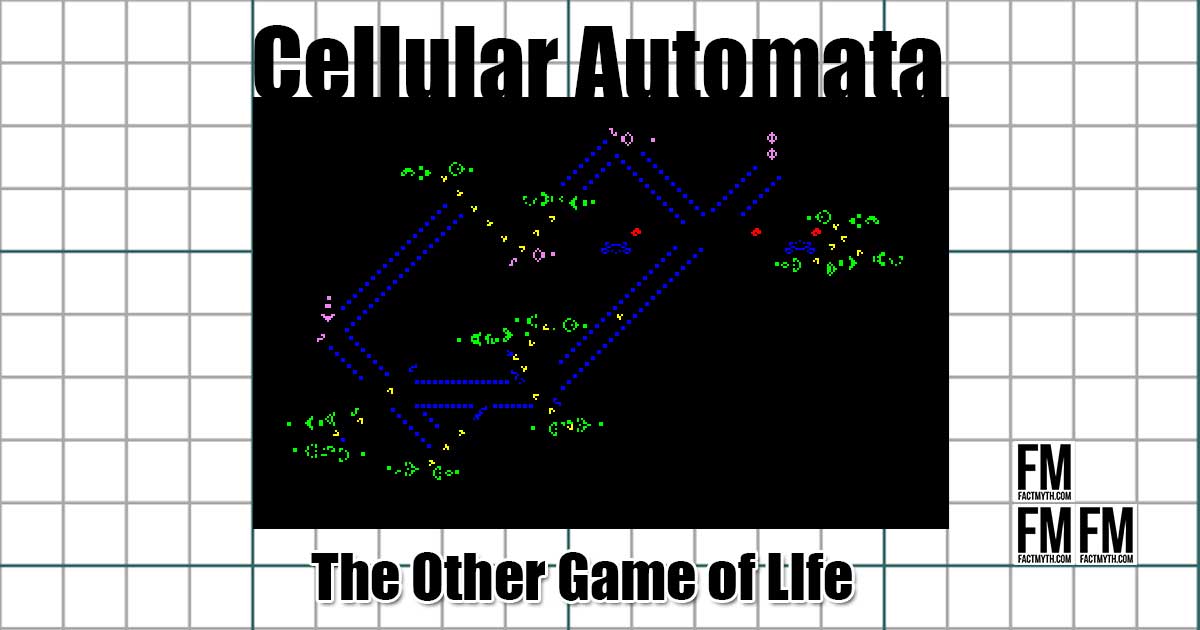
Conway’s Game of Life is a simple rule-set that models the evolution of systems. It’s a “zero-player” computer program that demonstrates “cellular automata”.
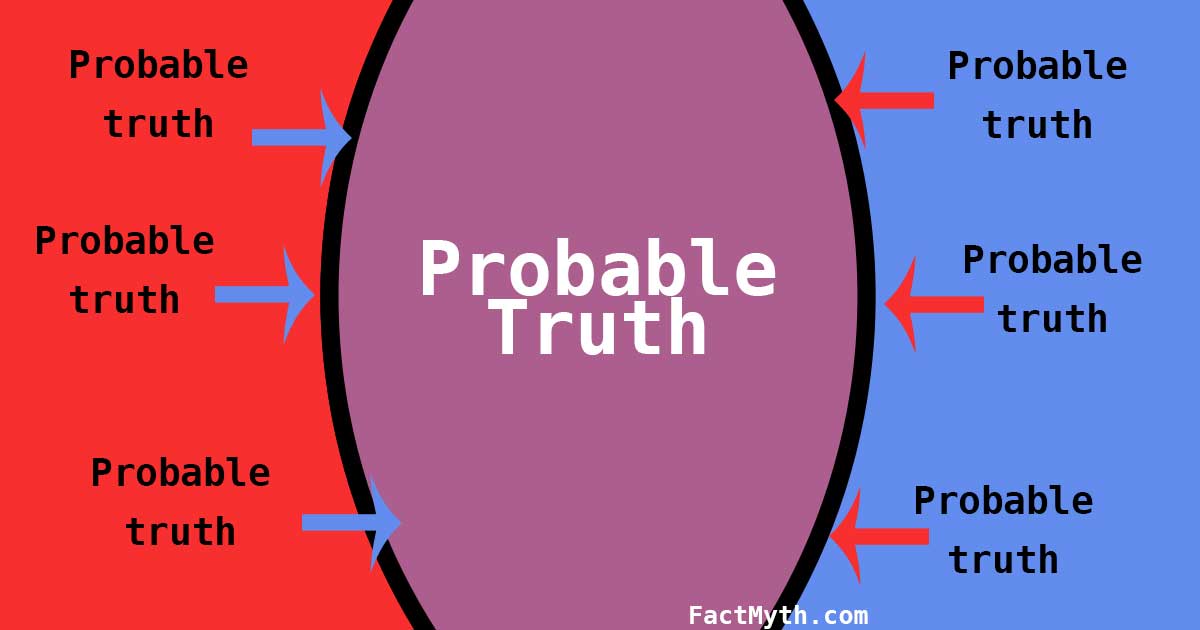
Bayes’ theorem is a probability theory used to calculate the likelihood of an event being true or not true based on conditions related to the event. (i.e. an equation used for calculating conditional probabilities).
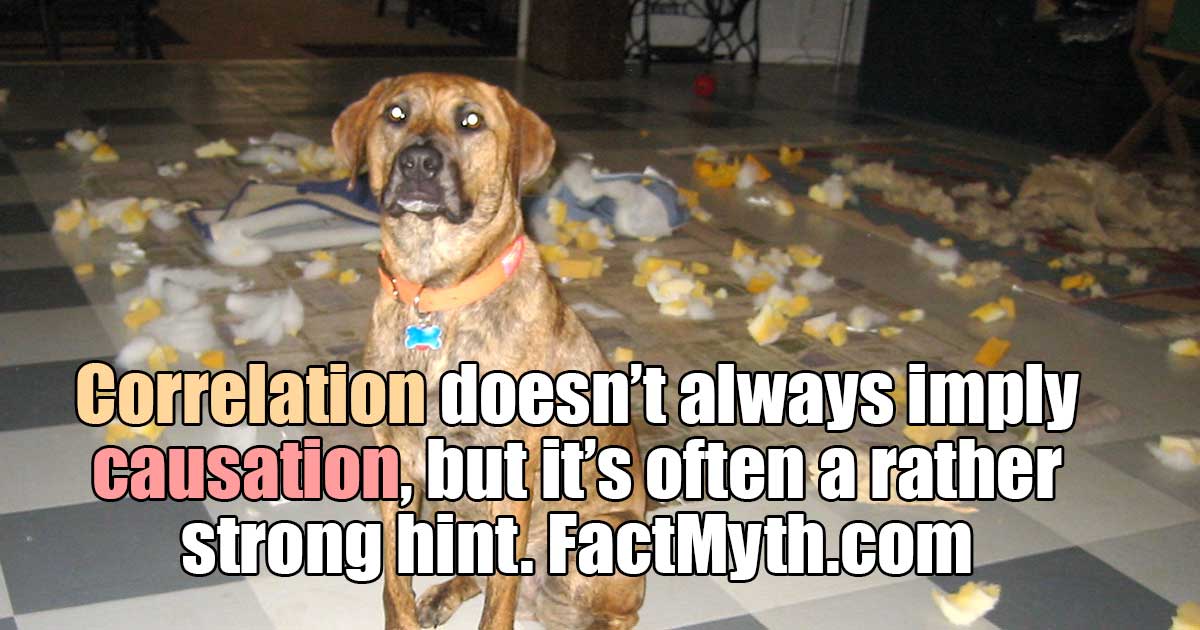
Correlation does not imply causation, but it can indicate it. The more correlating factors between events, the more likely there is a causal relationship.

Past results of random independent events, like a coin flip, don’t affect future results. The mistaken belief that past results affect future results is known as “the Gambler’s Fallacy” (AKA the Fallacy of the Maturity of Chances, or the Monte Carlo Fallacy).
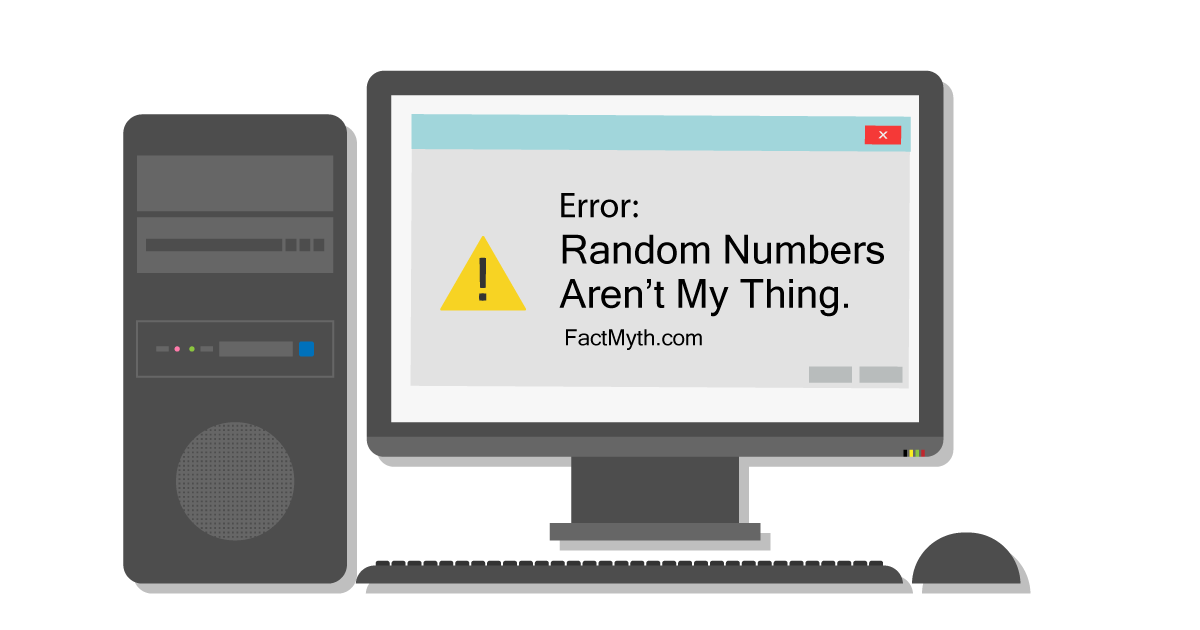
Computers can’t generate truly random numbers in the purest sense with software alone. However, computers can generate truly random numbers with the help of natural random events.
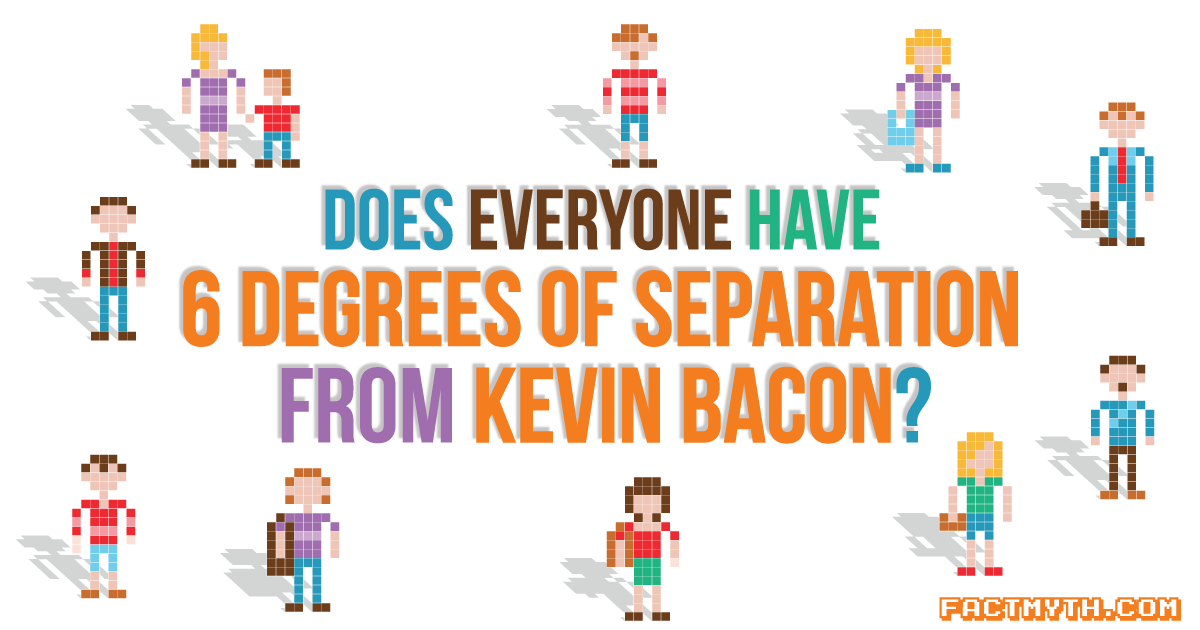
Most people have about 6 degrees of separation (small world theory), but not everyone has 6 degrees of separation from Kevin Bacon or any other given person.